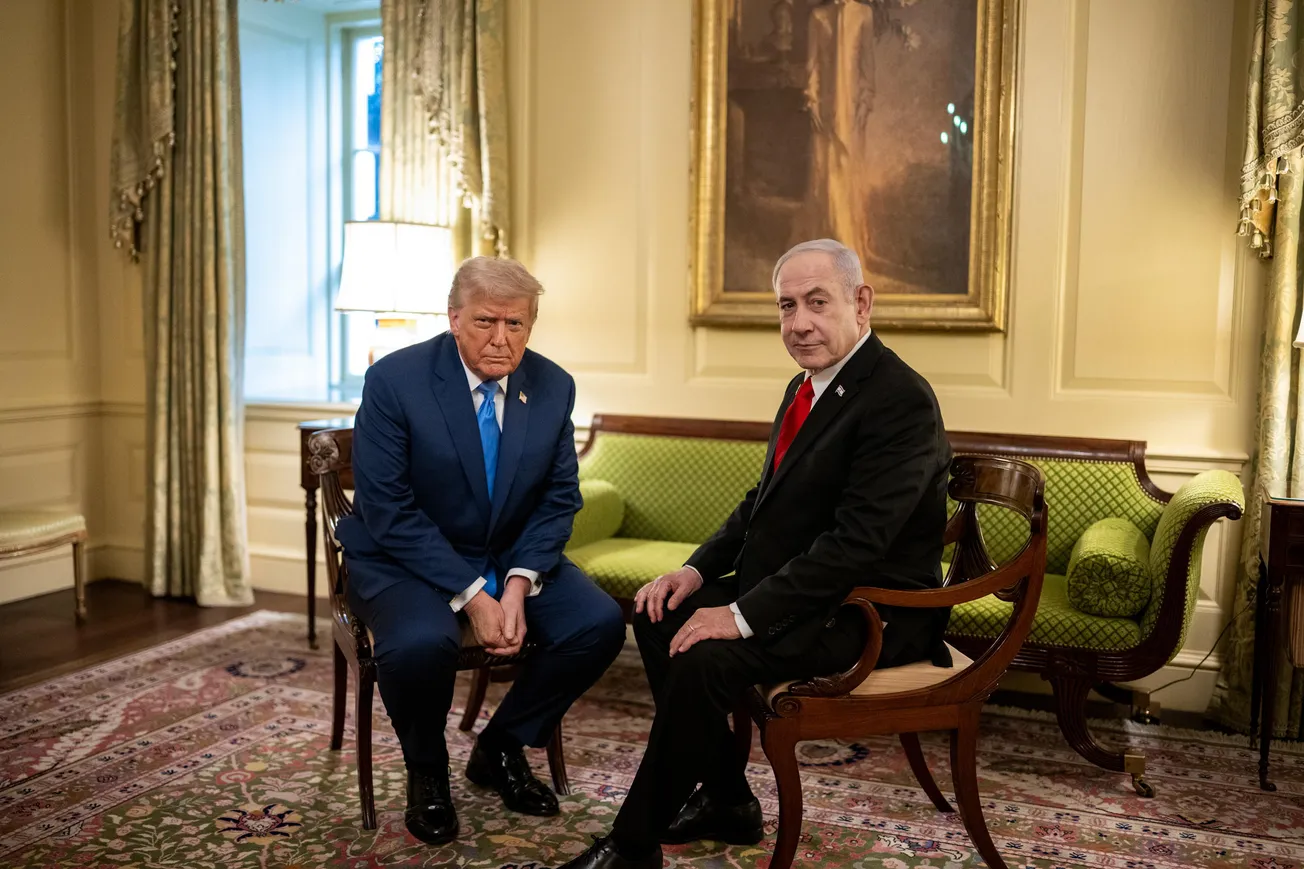The imposition of the speculative carry trade is behind the wave of financial crises and destabilizations sweeping Global South nations—especially those involved with the BRICS or that have expressed interest in joining that group.
A July 30 Chatham House article by David Lubin, Senior Research Fellow, Global Economy and Finance Program, is typically blunt for policy statements emanating from that leading British imperial think tank. Its headline delivers the message: “Fragile Economies Are Trying To Enhance Their Financial Resilience. Markets Are Happy, Citizens Less So.”
The article reports that the carry trade—financial speculators borrowing cheap dollars in Western markets and then buying dollar-denominated bonds issued by desperate Global South countries, which pay on average 8.5% interest—has led to a huge financial and political crisis in up to a dozen countries. “One remarkable phenomenon these days is the sheer number of governments in economically fragile countries that are implementing tough economic reforms,” the article reports with satisfaction. “Argentina, Türkiye, Egypt, Ecuador, Nigeria, and Pakistan for example are all adopting, in differing degrees, painful economic policies.” Bangladesh and Ethiopia could have been added to that list, among others.
What the article neglects to report, however, is that there is a strong component of deliberate political targeting of nations that are either members of the BRICS and its New Development Bank, or are interested in joining that group. In other words, this is the face of deliberate financial warfare.
The overall indebtedness of Less Developed Countries (LDC) was recently emphasized in a July report by Debt Relief International and the Norwegian Church Committee aid agency, which calculated that the average annual debt service payments for LDCs eat up about 42% of their entire federal government budgets. The IMF typically imposes “structural reforms” on its victims to ensure that productive government payments are savaged in favor of debt service.
Chatham House’s Lubin is pleased that “financial markets have been responding to these reforms with predictable enthusiasm. An investment in dollar-denominated bonds issued by high-yielding, or risky, governments at the frontier of emerging markets has returned some 8.5% since the start of the year, compared to −0.4% for bonds issued by ‘investment grade’ sovereign borrowers.”
The article gives Kenya as an example, where IMF-imposed measures “included a 16% VAT [value-added tax] on bread” and other devastating cuts. Predictably, Kenya exploded with popular protests. The Chatham House article continued: “Where Kenya has gone, others could follow. Egypt, Argentina, and Türkiye, for example, are all in the early days of reform efforts. In each country the intended fiscal adjustments will have unpleasant consequences for the social fabric, not least because all plan considerably more aggressive measures than in Kenya…. Many show signs of simmering social unease that might not react well to the economic sacrifices associated with reform.”
Lubin is particularly excited about the prospect of smashing Egypt, a new member of the BRICS. “In Egypt, for example, frustration has been building in a population subjected to regular blackouts…. That pain seems more likely to come than not: the IMF’s expectation is that Egypt’s primary surplus—that is, the surplus before interest payments are counted—will need to rise from 2% of GDP in 2023-2024 to 5% in three years, relying on a combination of both spending cuts and tax increases.”
“In Türkiye, where recent violent protests directed at Syrian refugees offer a sign of existing social strains, the government is planning a budget adjustment of a similar scale to Argentina’s. President Erdogan aims to turn what was a primary deficit last year of 3.9% of GDP into a surplus of 1.2% by 2026,” the Chatham House article is pleased to report.




